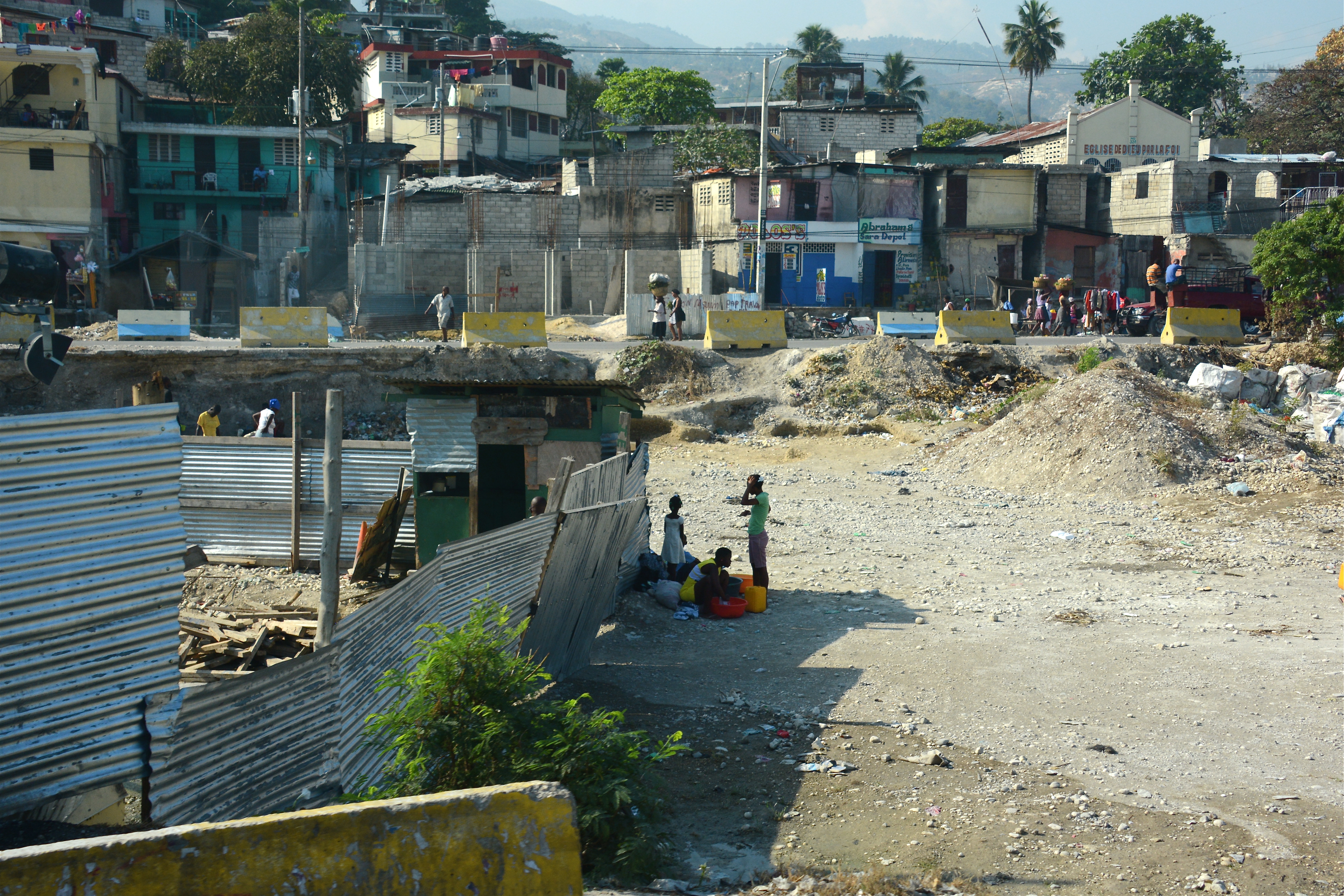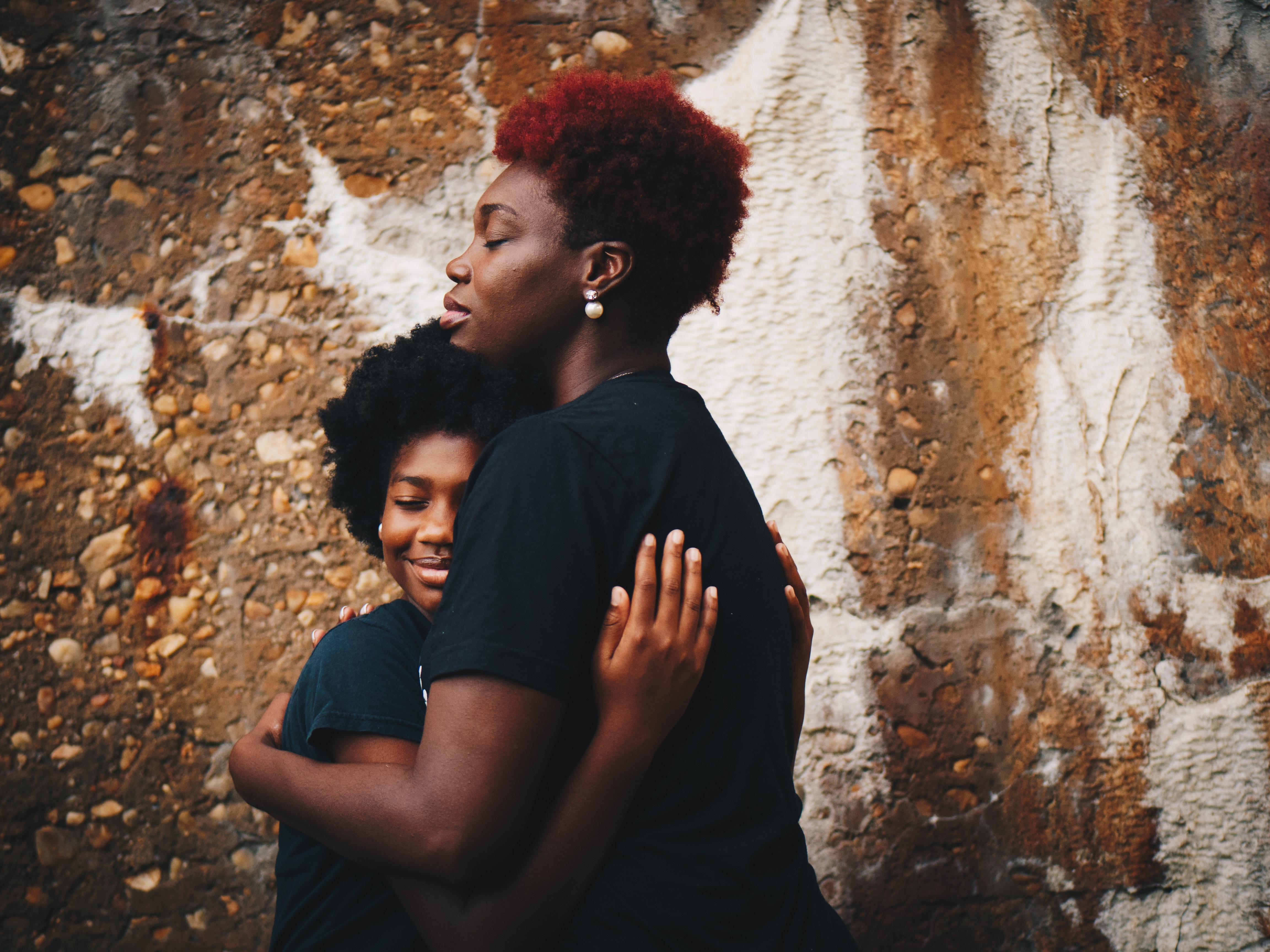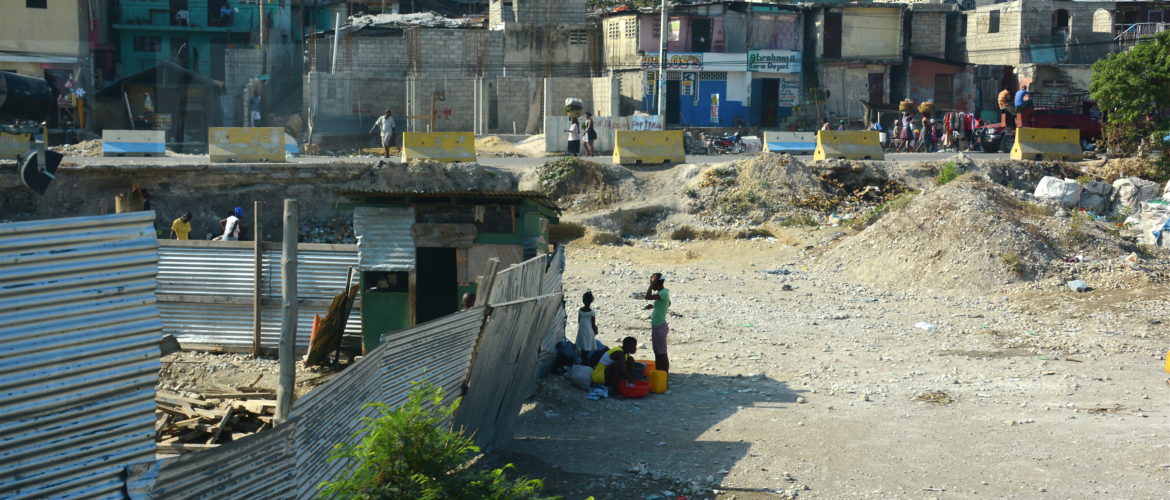Eight years ago today, I went downstairs to the living room and found my parents perched on the edge of the sofa, their eyes glued to the news report on CNN. One of my mom’s hands hovered over the telephone, and the other was clasped in my father’s. I remember noticing the way my parents were sitting before I realized what the news was about, and just from their posture I could tell that something terrible had happened.
My mom picked up the phone and attempted, for what must have been the fourth or fifth time, to call her closest cousin in Port-au-Prince. I could see her whole body loosen with relief when a voice crackled over the line. Miraculously, her call had gotten through and she was able to talk to her cousin, who had been driving when the earthquake hit and had barely managed to escape her car after a telephone pole crashed down onto the road in front of her. She was screaming. She had tried to reach her husband and children on their cell phones, but no one had signal. She didn’t know whether her family was safe, or even alive.
Luckily my mother’s calls from the U.S. went through, and she was able to act as a liaison between terrified family members on the island and their scattered loved ones. It was emotionally exhausting work. She didn’t sleep for days. Even though she stayed busy, it was clear that she felt an overwhelming sense of helplessness.

It’s still easy to find piles of rubble along the streets. People have rebuilt their lives right on top. Photo: Jim Poag
The 2010 earthquake, or tranbleman de tè, claimed hundreds of thousands of lives and marked Haitian history forever. Everyone has their own “where were you during the tranbleman de tè?” story. Some people talk openly about it. Others can’t bear to. Some spent that day in the middle of the chaos and death on the island. Others spent the day glued to their televisions and phones, feeling helpless and plagued with uncertainty about their loved ones back home.
And now eight years later, it’s still easy to feel helpless, especially for those of us who may not have been directly affected. How do you comfort someone whose life was uprooted by tragedy? Should you even try?
Of course you’re not going to be able to magically erase someone else’s pain, but that isn’t your job. Instead, do just what you can, which is to offer your support to the survivors you know. Reach out to your friends today, but remember that not everyone is going to want to talk about the trauma they’ve sustained. And that’s ok. What is important is that they know that they’re loved and valued, and that they haven’t been forgotten.

Don’t be afraid to offer your support to the survivors you know. Photo: Unsplash.com
Some Creole phrases you can use to support others:
Mwen renmen ou = I love you
Ki jan ou ye jodi a? = How are you feeling today?
Mwen panse a ou jodi a = I’m thinking of you today
Ki sa m ka fè pou ou jodi a? = What can I do for you today?
Ou nan priye m. = You are in my prayers.
Written by Megan Pearson on January 12, 2018

